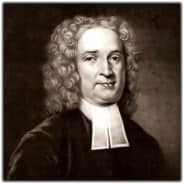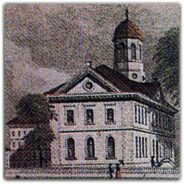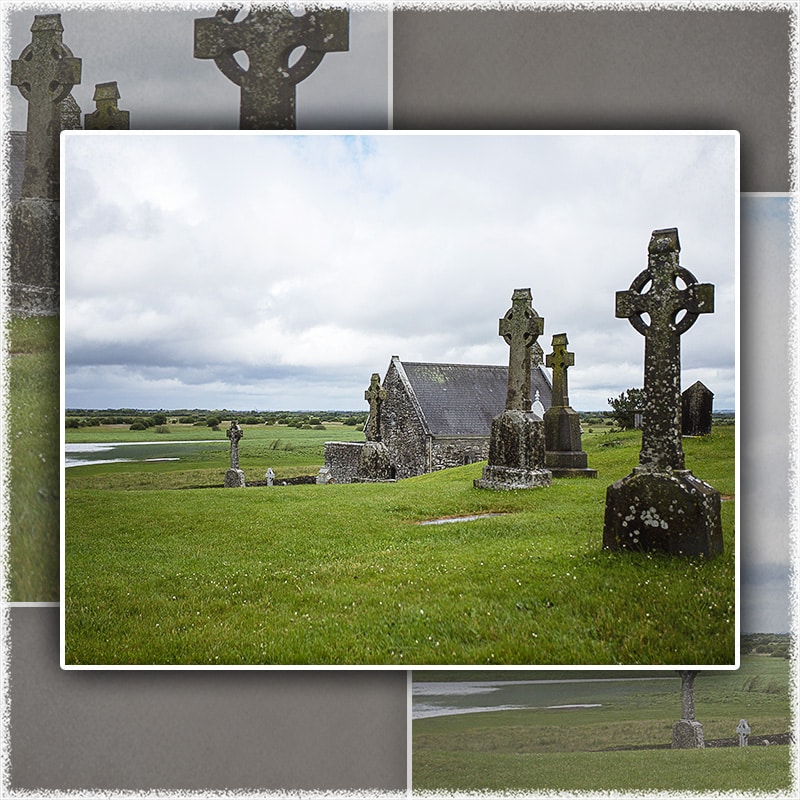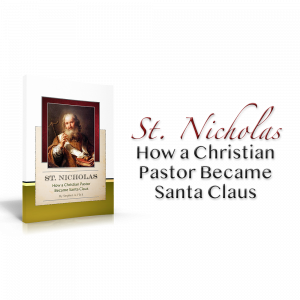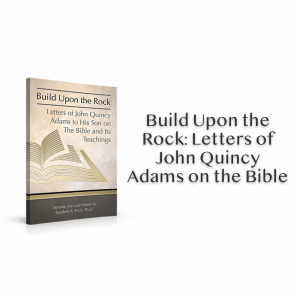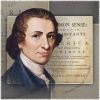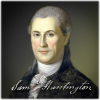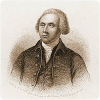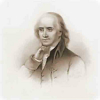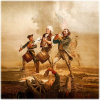Christians Initiate American Public Schools
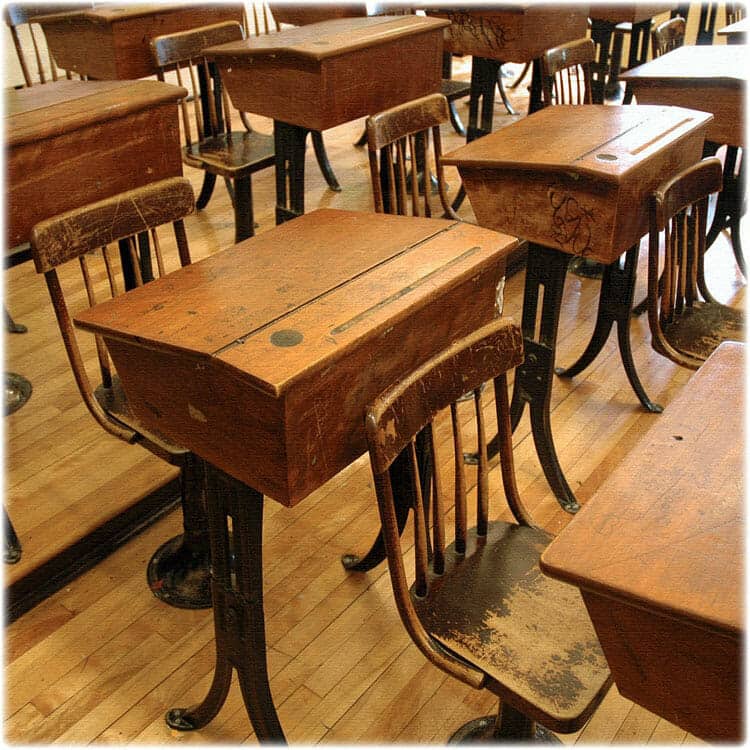
American public education was initiated only a few years after the arrival of the Pilgrims and Puritans in the New World. Christians began to establish the private Ivy League schools as early as 1636 (Harvard), only sixteen years after the Pilgrims first arrived in New England. The foundation for public education, however, was first laid in the Massachusetts Bay Colony in the years 1642, 1647, and 1648. The three legislative acts of these three years are known as the Massachusetts School Laws and was the first step toward compulsory government-directed public education in the United States. Not long after these three laws were enacted, similar laws were drafted in the other New England colonies. Following the lead of the New England colonies, most mid-Atlantic colonies enacted similar legislation, though in some Southern colonies nearly a century passed before publicly funded schools were established there. The first law regarding education in the New World was passed by evangelical Christians only twenty-two years after the Pilgrims landed at Plymouth.
Pastor's Influence on Education
The 1642 law established a group of selectmen of the colony to ensure that children could read and understand the principles of religion and the laws of civil government. This law was not fully implemented as intended, and as a result, further legislation was enacted by the Massachusetts General Court in the law of 1647, which compelled towns meeting the law's population requirement to establish, fund, and maintain schools. Additional educational legislation was passed in 1648 that extended the law of 1642. This law stipulated that children and apprentices under the authority of parents and masters were to be taught to read, recite the catechism, understand the civil laws, and learn some means of honest employment. Chosen or selectmen were to supervise the populace, conducting examinations, and if necessary fining parents for dereliction of duty and exercising authority to place apprentices with other masters if education was neglected. The laws reflect the Calvinistic theology of the era and particularly the influence of the Reverend John Cotton, who was a teacher in the First Church of Boston and one of the most influential leaders of the Massachusetts Bay Colony.
Spiritual Rationale for Education
The legislation of 1647, known as Old Deluder Satan Law (from the first sentence), advocated the idea that Satan uses ignorance and error to the misfortune of the human race and his influence could be circumvented by proper Christian education. It required every town having fifty families to hire a teacher and every town with more than one hundred families to go further and establish a "grammar school." To fail to comply could result in a £5 fine. It was believed that a "grammar school" education would prepare scholars for Harvard, the first of the Ivy League schools established to prepare young men for the Christian ministry.
What is often forgotten in contemporary assessments of these laws is the fact that America’s Pilgrim and Puritan forefathers had vivid impressions of the horrors of wars and persecutions that arose out of religious persecution, often from those who identified themselves as "Christians". Early American colonists realized that many throughout Europe and around the Mediterranean world had suffered unspeakable atrocities at the hands of those who had little knowledge of the teachings of the Bible; they believed that Church leaders and magistrates had often incorrectly acted in the name of Christ because they had failed to study and apply the principles of the Bible. In the Old World, personal study of the Bible was not available to the masses and on those rare occasions where texts of Scripture were available for study, the practice was forbidden to the laity by the Roman Church. To further complicate matters, most of the clergy were ignorant of the true claims and teachings of the Bible. For this reason, ignorant churchmen often misled magistrates, not knowing what God did expect of his people as taught in the Bible. America’s Pilgrim and Puritan forefathers did not want the same atrocities that occurred in Europe to occur in the New World because of the same biblical and spiritual ignorance. To ensure that such atrocities did not occur, they took the necessary steps to see that colonists had access to the Bible and that they enjoyed a level of literacy necessary to study it and apply its evangelical principles to their lives. They believed that only a correct interpretation and application of the principles of the Bible could ensure that peace and tranquility would be perpetually realized.
To ensure "domestic tranquility," America's earliest educational laws advocated scriptural principles, as reflected in the 1647 legislation:
Texts of Massachusetts School Laws
Forasmuch as the good education of children is of singular behoof and benefit to any Common-wealth; and whereas many parents & masters are too indulgent and negligent of their duty in that kind. It is therfore ordered that the Select men of every town, in the several precincts and quarters where they dwell, shall have a vigilant eye over their brethren & neighbours, to see, first that none of them shall suffer so much barbarism in any of their families as not to indeavour to teach by themselves or others, their children & apprentices so much learning as may enable them perfectly to read the English tongue, & knowledge of the Capital Lawes: upon penalty of twenty shillings for each neglect therein. Also that all masters of families do once a week (at the least) catechize their children and servants in the grounds & principles of Religion, & if any be unable to do so much: that then at the least they procure such children or apprentices to learn some short orthodox catechism without book, that they may be able to answer unto the questions that shall be propounded to them out of such catechism by their parents or masters or any of the Select men when they shall call them to a trial of what they have learned of this kind. And further that all parents and masters do breed & bring up their children & apprentices in some honest lawful calling, labour or employment, either in husbandry, or some other trade profitable for themselves, and the Common-wealth if they will not or cannot train them up in learning to fit them for higher employments. And if any of the Select men after admonition by them given to such masters of families shall find them still negligent of their duty in the particulars aforementioned, whereby children and servants become rude, stubborn & unruly; the said Select men with the help of two Magistrates, or the next County court for that Shire, shall take such children or apprentices from them & place them with some masters for years (boys till they come to twenty one, and girls eighteen years of age complete) which will more strictly look unto, and force them to submit unto government according to the rules of this order, if by fair means and former instructions they will not be drawn into it.
It being one chief project of that old deluder, Satan, to keep men from the knowledge of the Scriptures, as in former times by keeping them in an unknown tongue, so in these latter times by persuading from the use of tongues, that so that at least the true sense and meaning of the original might be clouded and corrupted with love and false glosses of saint-seeming deceivers; and to the end that learning may not be buried in the grave of our forefathers, in church and commonwealth, the Lord assisting our endeavors. It is therefore ordered that every township in this jurisdiction, after the Lord hath increased them to fifty households shall forthwith appoint one within their town to teach all such children as shall resort to him to write and read, whose wages shall be paid either by the parents or masters of such children, or by the inhabitants in general, by way of supply, as the major part of those that order the prudentials of the town shall appoint; provided those that send their children be not oppressed by paying much more than they can have them taught for in other towns. And it is further ordered, that when any town shall increase to the number of one hundred families or householders, they shall set up a grammar school, the master thereof being able to instruct youth so far as they may be fitted for the university, provided that if any town neglect the performance hereof above one year that every such town shall pay 5 pounds to the next school till they shall perform this order.[1]
Conclusion
Witnessing the atrocities that occurred in the Old World, the earliest American settlers believed that the only thing that could keep the New World from experiencing the same horrors was a knowledge of truth as contained in the Bible. They believed that it was the Old Deluder Satan's desire "to keep men from the knowledge of the Scriptures." In Europe, Christians were often forbidden to read the Bible, but the Pilgrims and Puritans were determined to reverse this by ensuring that citizens in the New World could discover the truth of God in the Bible for themselves.
In contemporary America, secularists since the 1940s have been attempting to exclude America's Christian heritage and the study of the Bible from public classrooms. The result has been the greatest social and moral decline ever experienced in America. Secular humanism has not worked in Europe and has not produced greater peace and prosperity in America—rather, greater suffering and social unrest. The Pilgrims, Puritans, and Founding Fathers understood that America could only realize peace and prosperity when it followed God's plan for society as revealed in the Bible!
America deserves to know its true heritage.
Please contribute today!
Related Articles
[1] Wikipedia, "Massachusetts School Laws" (http://en.wikipedia.org/wiki/Massachusetts_School_Laws, September 26, 2012).

